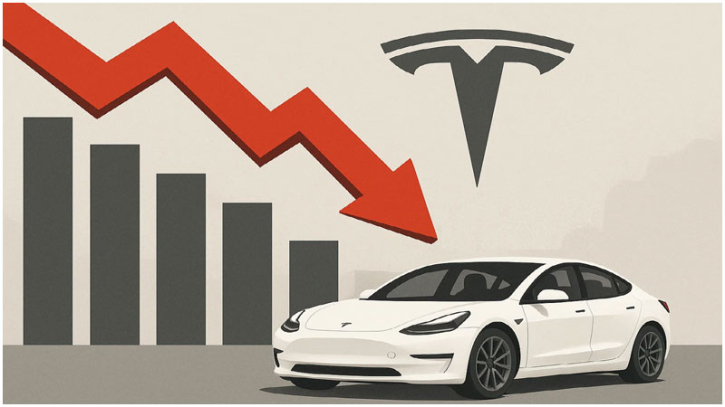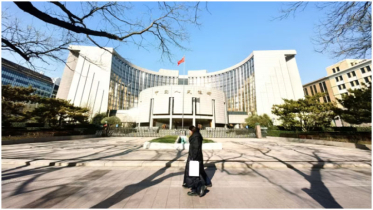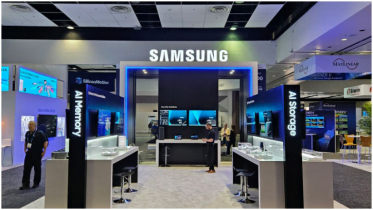Tesla profits sink 37% as tariffs and rising costs weigh on results

Tesla reported a sharp decline in third-quarter profits Wednesday, blaming tariffs and higher expenses for offsetting gains from stronger vehicle sales. The electric carmaker, led by Elon Musk, posted net profits of $1.4 billion, down 37 percent from the same period last year.
Revenue rose 12 percent to $28.1 billion, but operating expenses surged 50 percent to $3.4 billion, driven largely by increased spending on research and development as well as restructuring costs. The company also noted lower revenue from regulatory credits.
Tesla said it faces “near-term uncertainty from shifting trade, tariff and fiscal policy,” but added that ongoing investments will create “incredible value for Tesla and the world across transport, energy and robotics.”
U.S. electric vehicle sales got a temporary boost in the third quarter as buyers rushed to take advantage of a federal tax credit that expired on September 30. Tesla capitalized on the momentum with the October launch of two lower-priced “standard” models. However, analysts were divided on whether the move would generate sustained demand.
JPMorgan analysts said Tesla’s next major growth phase likely depends on expanding its vehicle lineup, projecting a new model launch in early 2026. Wedbush’s Dan Ives echoed that view, noting that upcoming advances in robotics, autonomy, and artificial intelligence could significantly boost Tesla’s long-term market value.
“We continue to strongly believe the most important chapter in Tesla’s growth story is now beginning with the AI era now here,” Ives said, suggesting autonomous technologies could add $1 trillion to Tesla’s valuation.
Tesla shareholders are set to vote on November 6 on a new compensation package for Musk that could exceed $1 trillion if he meets key performance and market capitalization goals.
Tesla’s stock has rebounded in recent months after heavy losses earlier in the year, when Musk drew backlash over his involvement in President Donald Trump’s administration and outspoken support for far-right politicians. Despite a recovery, shares slipped 1.5 percent in after-hours trading following Wednesday’s earnings report.
Since leaving Washington in May, Musk has largely avoided political controversies, though tensions resurfaced this week after he clashed with Acting NASA Administrator Sean Duffy. Musk criticized Duffy in a post on X, accusing him of undermining SpaceX after the agency invited competitors to join the lunar program.
Duffy responded on Fox News, saying he “loves” SpaceX but that the company is “behind schedule” in the race to return humans to the moon before China.
.png)




